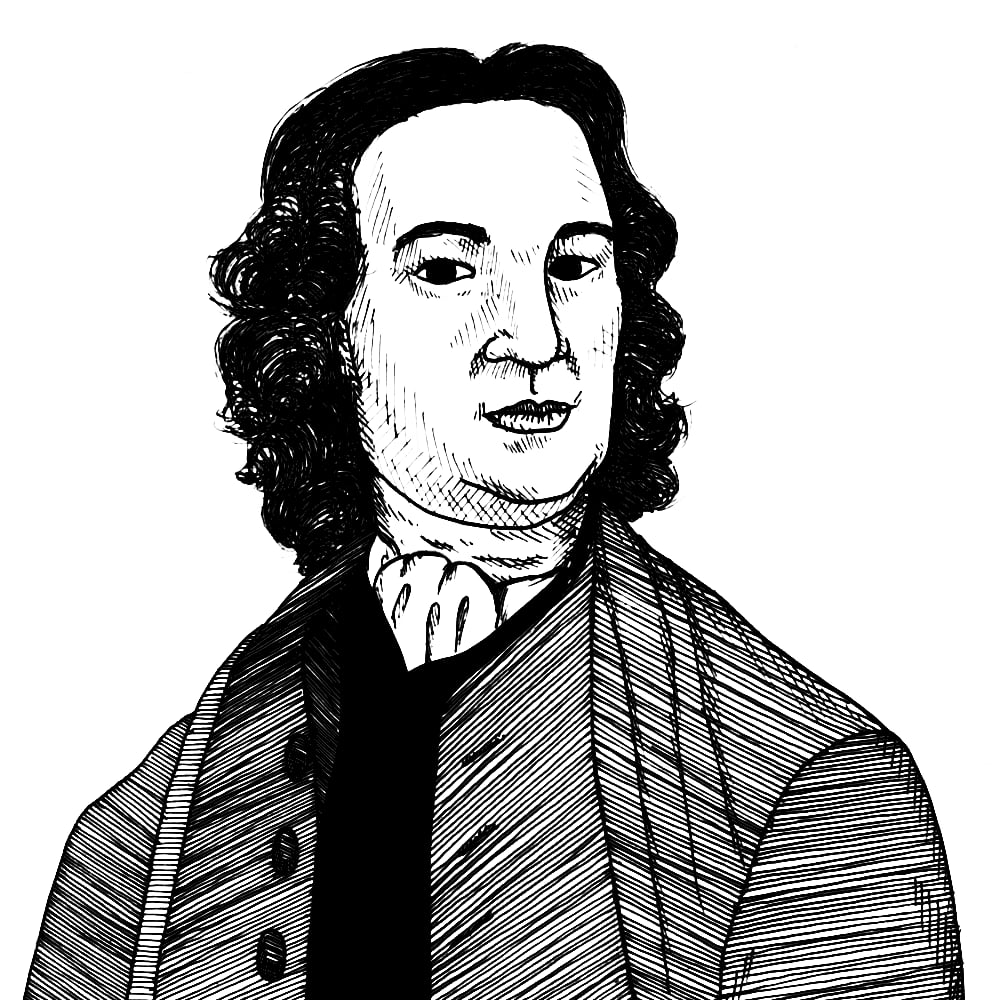
Thomas Gordon on how people are frightened into giving up their liberties (1722)
Found in: A Discourse of Standing Armies (1722)
Thomas Gordon (1692-1750) thought that people willingly gave up their liberties in order to be saved from some perceived threat. Unfortunately, the “savior” all too often destroyed their liberties as a consequence:
Presidents, Kings, Tyrants, & Despots
It is certain, that Liberty is never so much in danger, as upon a Deliverance from Slavery. The remaining Dread of the Mischiefs escaped, generally drives, or decoys Men into the same or greater; for then the Passions and Expectations of some, run high; and the Fears of others make them submit to any Misfortunes to avoid an Evil that is over; and both Sorts concur in giving to a Deliverer all that they are delivered from.